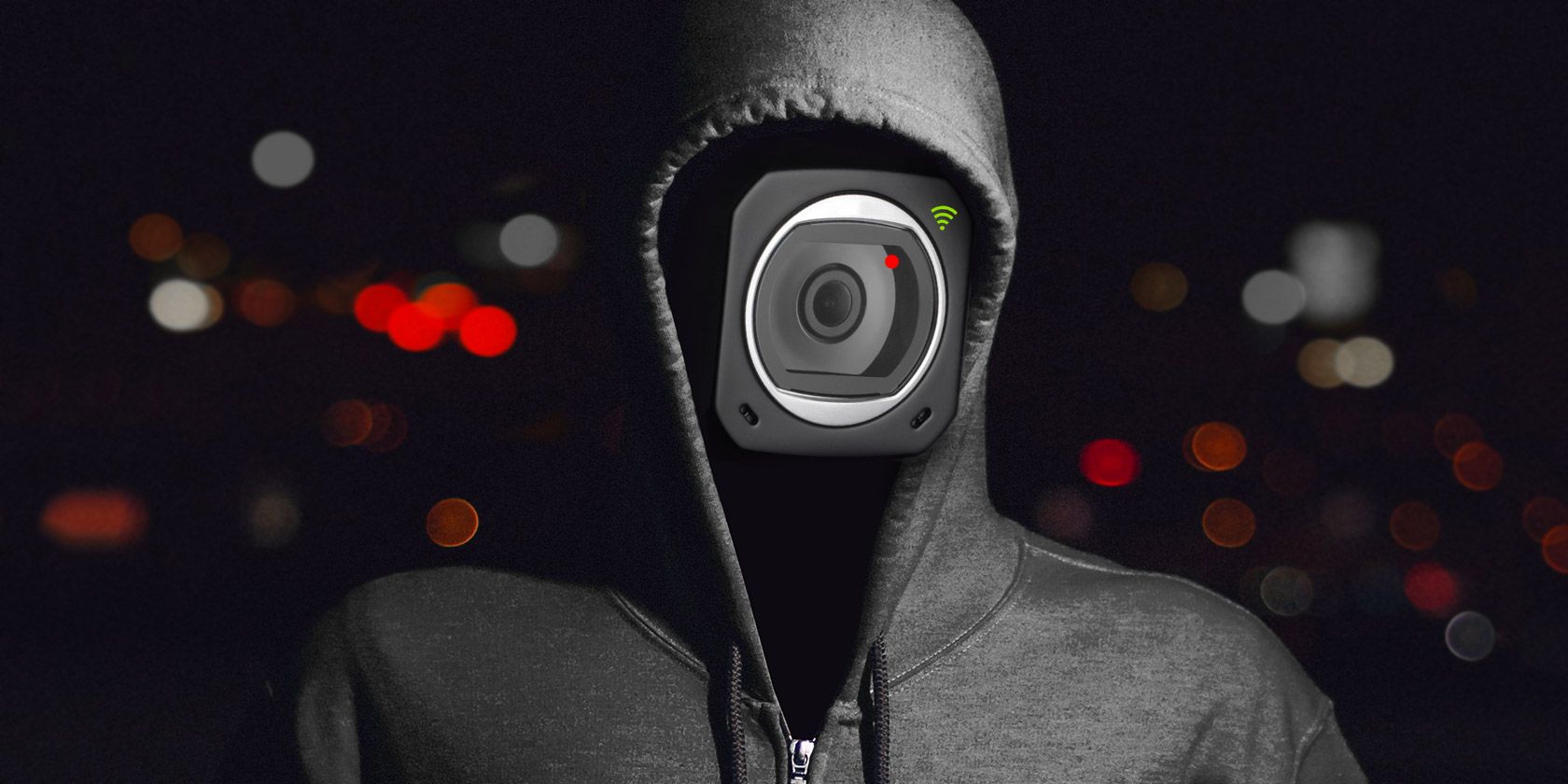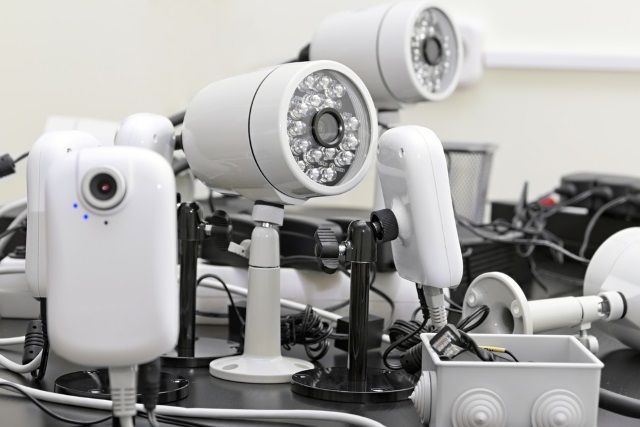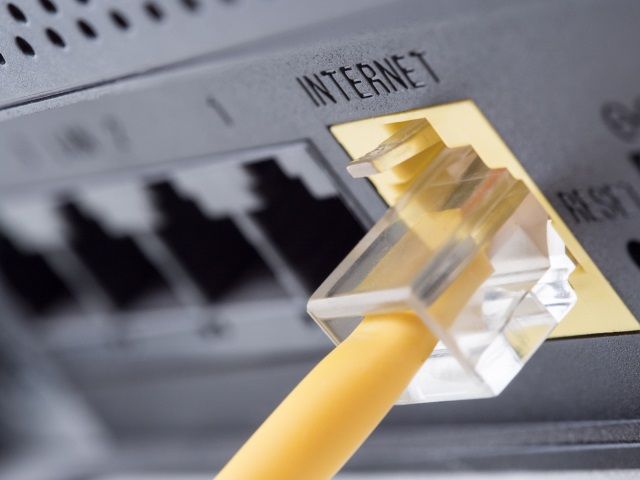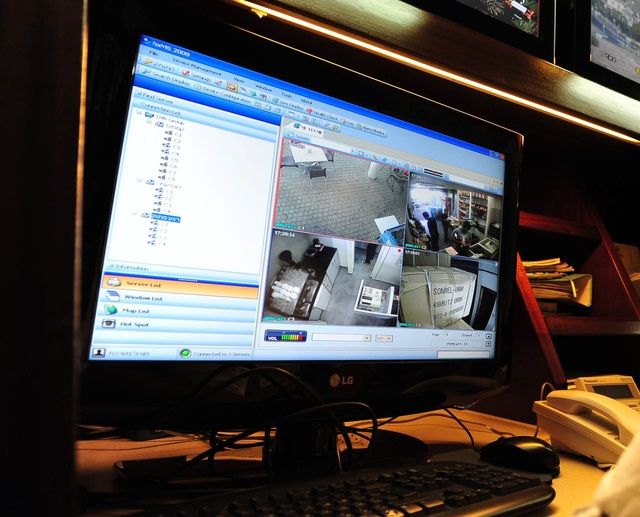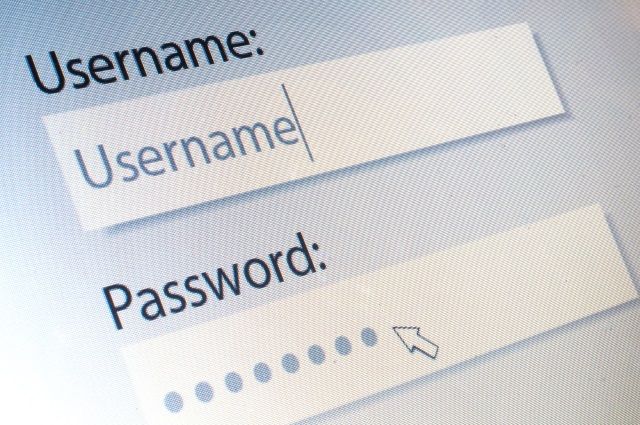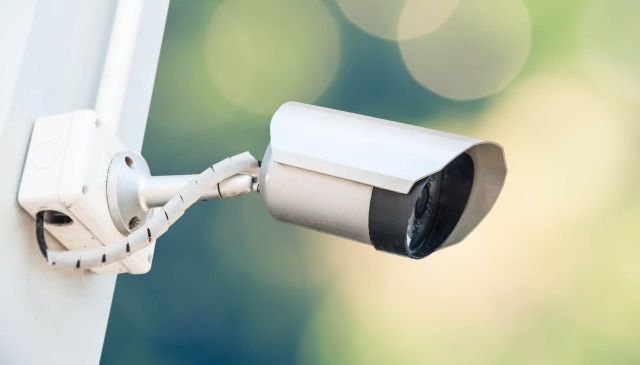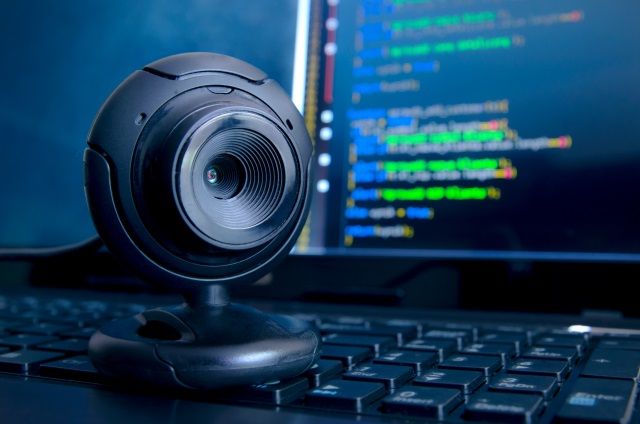Is your wireless security camera secure? It's a question that many have asked themselves over the past few months, as stories about security vulnerabilities have come to light.
Owners of off-the-shelf wireless security camera systems are particularly prone to these security breaches, which have resulted in live footage from homes around the globe being streamed to voyeurs.
Some of these people may have unsavory acts in mind. Others might be using the insecure security camera feeds for more nefarious acts, perhaps to establish the whereabouts of their intended victim, with an aim to attacking the property.
Clearly this is not an acceptable state of affairs. To combat this, you need to secure your security cameras. Let's find out how.
What Is a Wireless Security Camera?
You may know them as IP (Internet protocol) cameras, and they're also used as baby monitors. Essentially a wireless security camera is a camera that streams its footage to a usually secure online space, where you can observe what is happening on another computer, or perhaps via a mobile app.
These are popular options for anyone wanting to keep their property secure, or who like to keep tabs on their children (or even pets) when they're sleeping (this can prove particularly useful if a small child is sick, for instance), and can often be configured to relay sound as well as vision.
The most important aspect of these devices, however, even more than the price and the ease of setup, is that they encrypt the data (usually with SSL/TLS) that is streamed, and provide a secure hub or app for viewing the footage, where a username and password are required.
With these basic requirements met, you shouldn't have any problem keeping the events relayed via your IP camera away from prying eyes. But what if your wireless security camera doesn't come with these elementary security features?
The Importance of Network Security
The wireless network you are connected to for viewing should also be secure. If you're at home, make sure that your router is configured to use WPA2-based encryption. This will keep things secure between the cameras and your router, whereas the stream's encryption should keep it secure beyond this.
Viewing streams can be inherently insecure. If you're at a café, for instance, using the open wireless network there, you're open to attack. Any username and password you enter to access the camera feed could realistically be "sniffed", for instance, and while it is advantageous to use open networks to save money on mobile Internet, this should not be done without the assistance of a VPN.
Does Your Internet Security Camera Really Need to Be Online?
The ability to stream video of what is happening at home to your mobile device is really useful. But do you really need it? Does your Internet cam really need to be streaming data across the web?
Beyond the bandwidth concerns (some ISPs might balk at the volume of bandwidth used by even a couple of Internet security cameras), the risks of having your home being streamed online 24/7, like a real-life version of Big Brother, is quite concerning.
Furthermore, the risks to your privacy from bugs in your IP cams -- or even in an IP camera baby monitor -- suggest that online streaming should only be done when you are totally convinced that the stream is secure. The rest of the time, maintaining a closed network for your Internet security cameras, on a secure network, should keep things tightened up.
Making Security Cameras Secure
Securing your network isn't the only option. You should also ensure that your cameras are password protected. By default, most cameras are not secured by default – you have to enable this manually (probably so that the manufacturers can be confident of an easy initial setup).
But don't stick with just enabling a username and password. It is just as important to change the default credentials.
A vast number of IP cameras have been hacked because these default usernames and passwords have not been changed, and as it is such a simple adjustment to make, it seems silly to overlook it given the security it would bring to your wireless security cameras.
As long as you do this, it will be difficult for hackers to access the stream using brute force methods. You should also ensure that your PC or smartphone (or whatever device you're viewing the stream on) has a lockscreen password and that the app is accessible only via a username and password. You wouldn't want a non-secured phone to fall into the hands of strangers, especially if they can then get access to your security camera feed!
Positioning Wireless Security Cameras Safely
While you should certainly take steps to install the cameras without having an accident, what we're actually talking about here is the positioning of the cams.
For instance, you wouldn't want to put a camera in your bathroom, or master bedroom… you wouldn't point them at the house where someone getting changed can be observed around the world.
Similarly, pointing a cam at your burglar alarm keypad would be very foolish.
We've seen a whole host of cases concerning questionable IP camera positioning, so take the time to read through our article on sensible and secure placement of wireless security cameras.
Are Webcams Safe?
There's a very good chance that after reading this far, you're thinking about every connected camera in your house. Thoughts may well have turned to your webcam. Is that little lens that stares from the top of your laptop safe and secure from this sort of intrusion?
Well, most of the time, yes. But from time to time, threats come along that can be used by attackers to take control of your webcam. Clickjacking can be used to hide the activation of Flash (which is one of many good reasons to disable Flash). Fortunately, you can protect yourself.
On the other hand, if you have built a custom Internet security camera setup using one or more webcams, it is unlikely that your webcam could be hacked. In this scenario, you've probably used dedicated software (perhaps open source) with a good reputation, and taken the time to configure it properly, ensuring that the username and password have been securely setup.
Keep Things Future-Secure
With all of this in mind, you should be able to ensure that your security cameras (perhaps those you use to watch your babysitter) are indeed secure. But what about the future? How do you keep things secure going forward?
First and foremost, you need to ensure that devices are regularly updated. Whether this is firmware for the IP cameras, or the client software on your PC or smartphone, when updates are available, you should endeavor to install these at the earliest opportunity in order to keep your IP cameras secure.
For instance, if the technicians providing support for the cameras find a vulnerability, then they will roll out a fix for this to patch the vulnerability. If you fail to update the wireless security cameras, then there is a chance that the stream might be hacked.
Regularly changing the camera and viewing account password is a good idea too.
So, is your wireless security camera secure? Have you tried any of the suggestions above, or do you have your own tried-and-tested method? Or have you abandoned the idea of security cameras altogether? Tell us about it in the comments.
Image Credits: Plus69 via Shutterstock.com, Korn via Shutterstock.com, ChameleonsEye / Shutterstock.com, lekkyjustdoit via Shutterstock.com, akkaradech via Shutterstock.com, Piotr Adamowicz via Shutterstock.com

